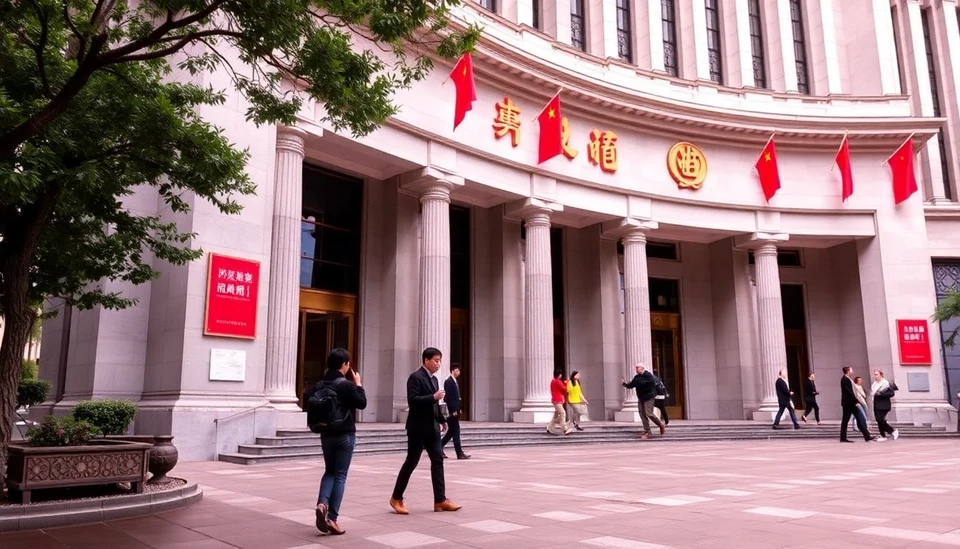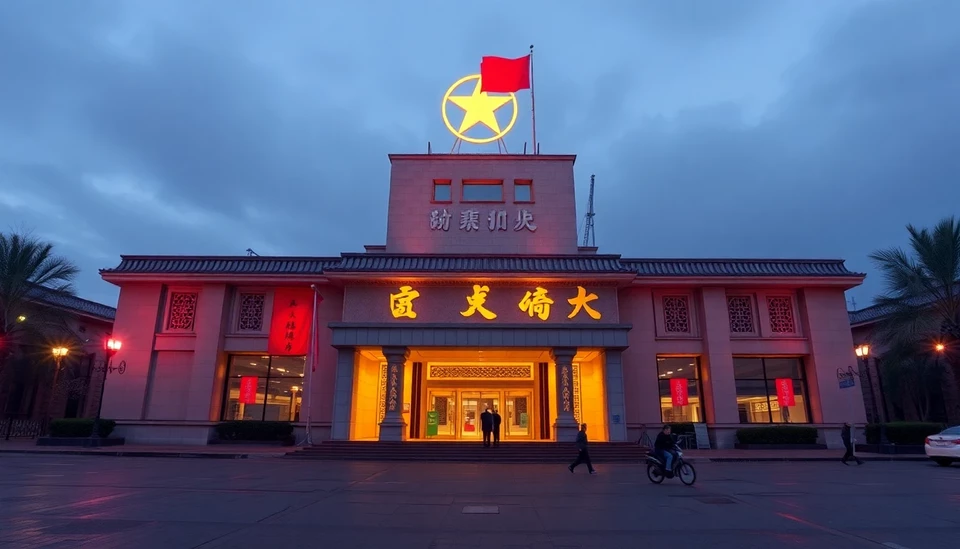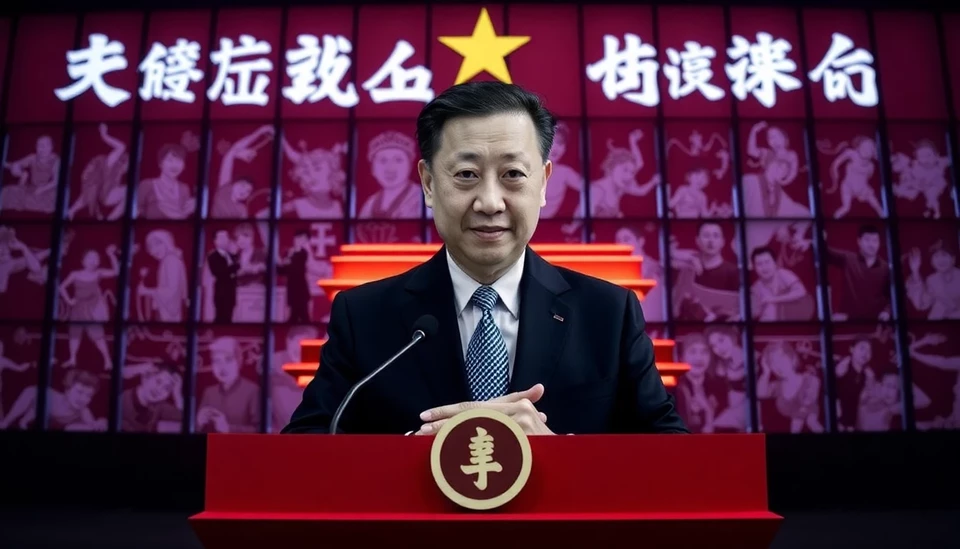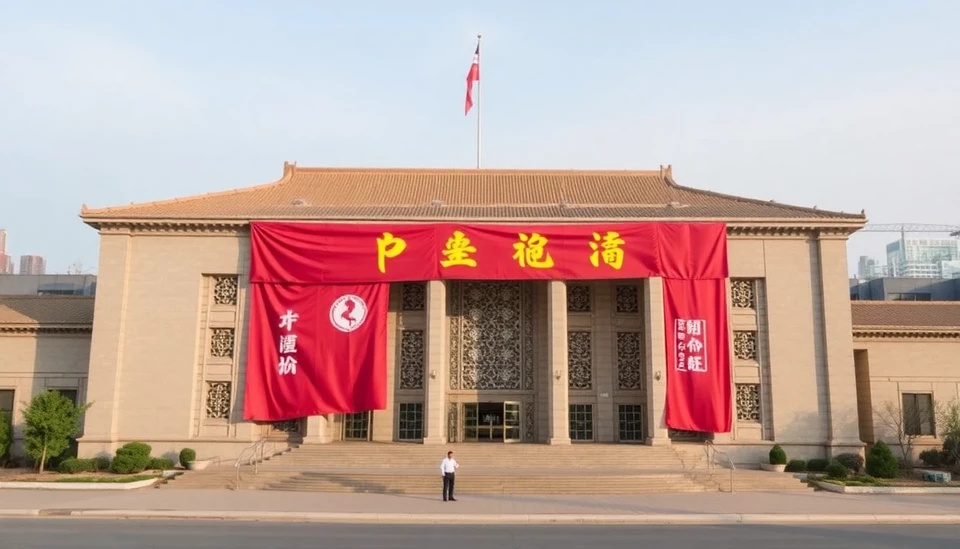
In a move to uphold the integrity of financial communications, the People's Bank of China (PBOC) has announced that individuals spreading false rumors about interest rate cuts on social media platforms will face punishment. This decision comes amid growing concerns regarding misinformation's potential impact on financial markets and public trust in economic policies.
The statement from the PBOC, issued on March 30, emphasizes the dangers posed by the rapid spread of unfounded claims. It warns that such misinformation can distort market expectations and lead to unjustified volatility. The central bank is particularly vigilant about online discussions that may influence investor sentiment or create confusion related to monetary policy decisions.
According to PBOC officials, the responsibility lies not only with the individuals perpetuating these rumors but also with platform providers to scrutinize and regulate the content being shared on their sites. As part of its commitment to fostering a stable economic environment, the central bank has encouraged a more responsible approach to financial discussions, urging users to verify information through official channels before disseminating it.
The backdrop to this move includes several recent instances where erroneous information regarding interest rate adjustments sparked public and market confusion. As China navigates its economic recovery post-pandemic, any miscommunication can severely undermine policy efforts aimed at sustaining growth and stability.
Financial experts have expressed support for the PBOC's initiative, highlighting that a clear and honest dialogue about monetary policy is vital for maintaining investor confidence. By enforcing strict measures against the spread of misinformation, the PBOC aims to restore trust and ensure that the public receives accurate information to guide their financial decisions.
This incident also sheds light on the broader issue of misinformation in the digital age, where the velocity of false information can outpace the institutions tasked with correcting it. As social media platforms continue to play an increasingly prominent role in shaping economic narratives, safeguarding the accuracy of financial information becomes essential not only for individual investors but for the overall health of financial systems.
With the PBOC's latest action, it is clear that the Chinese government is taking a firm stance against the proliferation of damaging rumors in an effort to create a transparent and reliable financial landscape. Stakeholders across the board will likely be monitoring upcoming communications from the central bank for clarity and consistency as the situation evolves.
As the PBOC pivots towards greater accountability in response to the wave of internet rumors, the implications for market behavior and public confidence in monetary policy will unfold. This proactive stance could set a precedent for other financial authorities dealing with similar challenges in the digital information era.
For now, monetary officials in China will likely continue their watchful approach to ensure that the economy is not swayed by the capricious nature of online discourse.
#PBOC #InterestRates #Misinformation #ChinaEconomy #FinancialStability #SocialMediaRegulation #MarketConfidence
Author: Laura Mitchell




